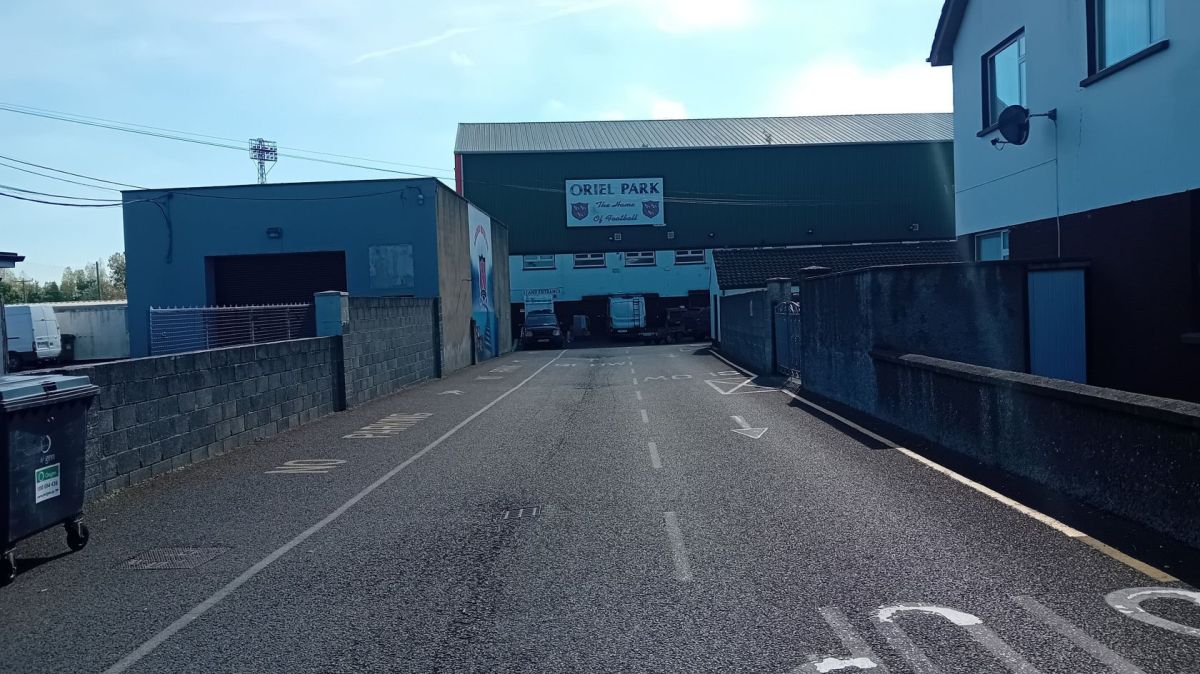At the European Space Operations Centre in Germany, Professor Alan Fitzsimmons of Queen's University in Belfast's Astrophysics Research Centre will be in charge of ground control for the ESA Hera project.
The Kennedy Space Centre near Cape Canaveral, Florida, will be the launchpad for Hera.
Later this month is when the launch is expected to take place.
Hera will demonstrate a number of novel technologies while attempting to get fresh information and understanding about the deflection of potentially Earth-impacting asteroids.
In the annals of space exploration, it represents the first organised encounter with a double asteroid.
More than 35,000 "Near Earth Asteroids" have been discovered by astronomers to far; 1,657 of them are big enough and pass close enough to Earth to be on a danger list that is constantly being watched.
For a very long time, scientists have discussed and studied the best ways to avoid every possible harm.
The first test of "kinetic impactor" technology, which is intended to divert asteroids, was conducted in September 2022 when the Nasa Dart mission struck the tiny asteroid moon Dimorphos and altered its course.
It is Hera's responsibility to finish this experiment by calculating the mass of Dimorphos that Dart displaced and determining the exact impact's impact on the moon.















